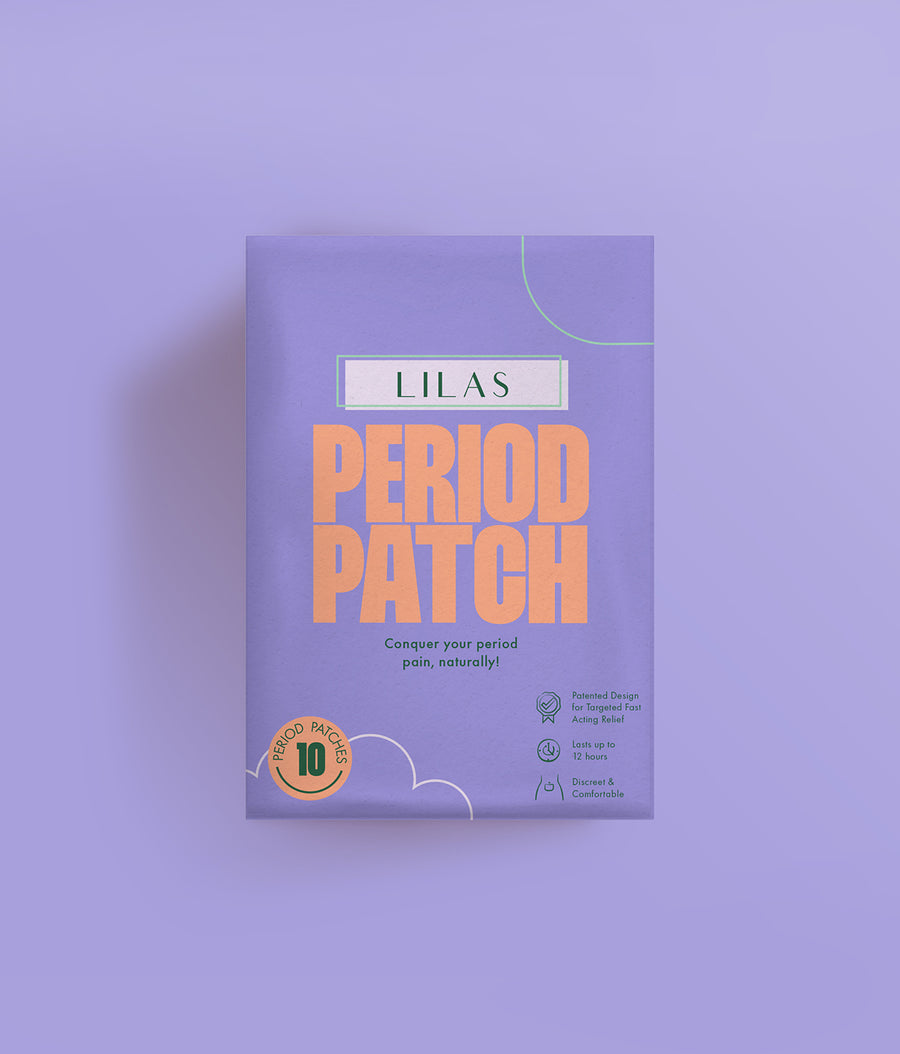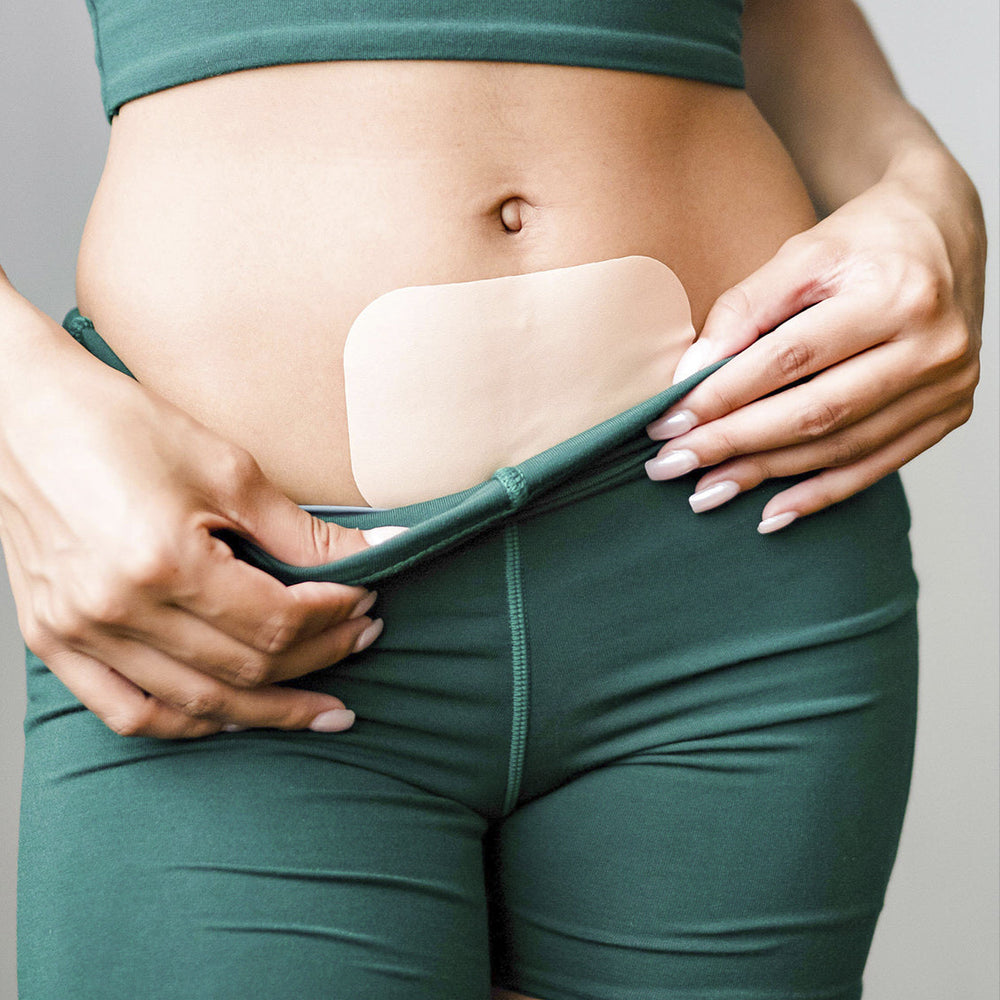Community Spotlight: An Interview with Dr. Mercy Asiedu, Schmidt Science Post-doctoral Fellow at the Massachusetts Institute of Technology (MIT)

In this inaugural Community Spotlight, I had the pleasure of interviewing Dr. Mercy Asiedu, a Schmidt Science Post-doctoral Fellow at the Massachusetts Institute of Technology (MIT).
Dr. Asiedu's passions for health and wellness have clearly shaped her academic and career trajectory. More specifically, she has a deep interest in improving the accuracy and accessibility of crucial medical tests. Prior to her current work at MIT, for her Ph.D. from Duke University, Dr. Asiedu developed a novel imaging technology called the Callascope that improved the quality of cervical cancer screenings. Now, in her postdoctoral research, Dr. Asiedu is using complex neural networks in machine learning to enhance medical imaging in breast and cervical cancer. Of course, one could never fully capture the breadth of her research or the depth of her impact with a few quick words of introduction. However, I am proud to say that Dr. Asiedu has been a close family friend and role model to me for years. I don't think I could ever adequately thank her for all of the ways she inspires and encourages me. So, without further ado…
Dr. Asiedu, how do you prioritize wellness in your life?
Mental, physical, and spiritual wellness are very important to get through each day and week. Mentally, I try to make an effort to take things one day at a time or a week at a time, in baby steps. When I feel overwhelmed or mentally exhausted, I tap into my support group; my mum, dad, sisters, husband, and a few close friends. I am really grateful for their continued support. I definitely would not be where I am today without my mum being there to talk me through the tears, frustrations, and heartbreaks. I also tap into being kind to myself and forgiving myself when I just can't do something or be as productive as I would have liked. As a dark-skinned Black woman in America, I have also definitely had to learn how to give myself a daily dose of self-love. Physically, I try to exercise at least 3 times a week. I typically like to go to the gym and get on the treadmill, but lately I have been running outside more and it’s amazing what some exercise and fresh air can do for wellness. I also try to eat healthy on weekdays and splurge on whatever I want during the weekends. Spiritually, I have made an effort to get comfortable with my personal relationship with God.
Some of your previous and current research has focused on cervical cancer and breast cancer respectively, two diseases that predominantly impact women. What drives you to focus your intellectual energy on finding solutions in women's health?
Women's health is a very dear topic to me, but I am not just interested in the broad field of women's health itself. I focus more on efforts to bridge disparities and inequities that exist in global women's health. That is what drives me. Growing up in Ghana and coming to the United States for college, disparities in healthcare delivery became blatantly clear. In Ghana, childbirth for instance is a matter of life or death and I lost a few relatives to death in childbirth for entirely preventable reasons. While back then I felt like in the United States, surviving childbirth was a given, I have since realized that socioeconomic disparities and systemic racism means that ethnic minorities and black women particularly are 3-4x more likely to die from pregnancy and childbirth related complications than white women.
In African countries, women are dying from cervical cancer, which is highly preventable due to lack of access to early screening, and right here in the United States, black women have the highest death rate of cervical cancer for the same reason. Even though mammography screening has been shown to enable early detection of breast cancers and reduce incidence of breast cancer mortality, this is not even feasible in most African countries. I reached out to several hospitals in different countries; Ghana, Nigeria, Kenya, for mammography data for my AI research only to realize that mammography screening was not something that was done on a regular basis. Most women only had access to a manual clinical breast exam which is highly subjective and inaccurate, or they show up with advanced stage breast cancer. While it is necessary to educate women on the need for screening and regular clinic visits to prevent the above disparities, awareness does not work if the tools and resources needed for the next action steps do not exist.
As a black woman with black female relatives and friends, both back home in Ghana and in the United States, this is alarming to me. I don't want myself, or someone who is a family member or friend to be the next person who dies a preventable death. To address some of these I am currently working towards 3 main projects: (1) The Callascope and Pocket colposcope to improve access to early screening for cervical cancer, (2) A device to improve access to breast cancer screening, and (3) A telemedicine solution to improve maternal care for black American women. I have a 4th project that will remain secret for now, but still in the area of democratizing health.
It is clear that much of your work engages with the intersection of health and technology. How does seeing and shaping the data behind health influence your day-to-day understanding of wellness?
Technology in health has in the past largely played a role in emphasizing and contributing to health disparities, being made for people who can afford to pay high premiums for them and reflecting economic and societal biases. Take for example the AI/machine learning that gave white patients an advantage over black patients due to biases in the data it was trained with. To truly help everyone, I believe technology for health must be accessible and specifically designed with societally marginalized people in mind.
Do you have any advice for young women and girls who want to pursue women's health research in STEM fields?
If you are a young woman or girl interested in STEM, don't let anything hold you back. Do not be intimidated, do not be discouraged, know that you belong, and you deserve to be where you are. Have your long-term goals you hope to achieve from the knowledge you will gain in a STEM education at the back of your mind and focus on that. Years later, when you see the change you make, the difficult times would have been well worth it. Know that it is not easy for anyone, even when people pretend it is. Everyone is going through their own challenges. Fake it till you make it if you have to. Advances in research and technologies for women's health are dampened when there are not enough women pushing it forward. We need more women, more minority women, more black women, who have the passion to work towards STEM research that benefits us.
Do you have any content recommendations (books, TV shows, podcasts, etc.)?
Honestly, I am guilty of not reading a lot of science or technology books. I like to take a break from those in my free time, and I enjoy watching shows like Insecure, The Daily Show, and Vikings! My favorite movie and book genre is horror and fantasy, so I also read a lot of Stephen King. I don't always have a lot of time to read physical books, and lately I have shifted to audiobooks and listen while I'm exercising, cooking or driving. Some of my favorite audiobooks are I am Malala by Malala Yousafzai, Becoming by Michelle Obama, Homegoing by Yaa Gyasi, and Born a Crime by Trevor Noah. From Stephen King, I would recommend everything starting with It and Doctor Sleep. For podcasts, I would recommend listening to “Serial”, which my husband introduced me to, and which talks about the criminal justice system.
A huge part of the LILAS mission is recognizing incredible women making major contributions to the advancement of women's health. Their hard work and dedication enable all of us to strive for progress and be optimistic for a future in which women’s health concerns are prioritized.


Leave a comment